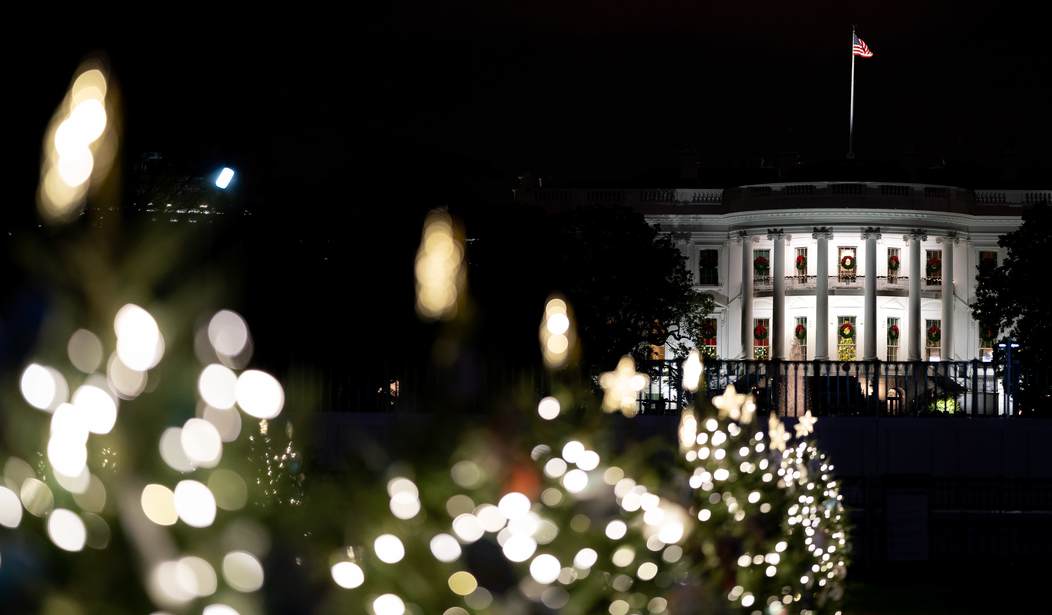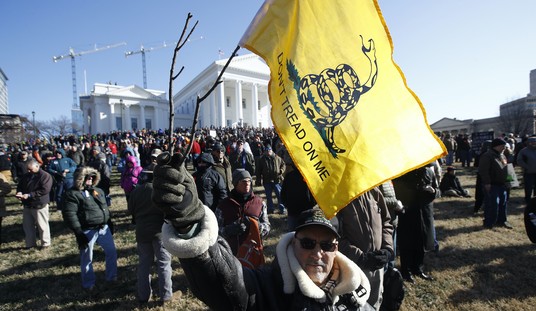Since Donald Trump was declared the winner of the 2024 presidential election, many D.C. residents have been not-so-quietly freaking out about what his return will mean; both for the federal workforce and the District of Columbia's home-rule powers.
Under the Constitution, Congress oversees the District's laws and regulations, though the Home Rule Act adopted in the 1970s allowed the creation of a city council and mayor and gave those local authorities semi-autonomy. While the municipal government controls the day-to-day operations of the city, Congress still has oversight over all local legislation. The federal government has taken a mostly hands-off approach to D.C.'s governance, but Trump has indicated his administration will be much more involved; telling supporters earlier this year that if elected he would "take over our capital, and we're going to run it tough and smart."
Even if Republicans in Congress don't have the votes to repeal the Home Rule Act entirely, political consultant Chuck Thies says a GOP Congress could still make changes to the District's laws... including the many restrictions on the right to keep and bear arms that have been imposed over the last 50 years.
The District often needs to bargain with the federal government. There’s a particularly big horse trading session coming soon: Bowser is seeking the chance to redevelop RFK stadium into a new football stadium, but the bill intended to offer DC the federal lease is held up in the Senate, and unlikely to move through during a lame duck session.
Thies envisions those negotiations becoming far more painful next year, with congressional Republicans using the project as a bargaining chip. “You want a football stadium? Maybe we need to change gun control laws a little,” he says about a possible deal. “The mayor is very pragmatic. I could see her making some pragmatic decisions, but there are also red lines, like reproductive rights.”
I'm not a fan of public financing for stadiums, but if Republicans want to play Let's Make a Deal with D.C.'s local government then I'd be okay seeing the District's gun control laws used as a bargaining chip.
D.C.'s gun laws don't need just "a little" change, however. At the very minimum, I'd like to see universal right-to-carry reciprocity and a repeal of the District's ban on "assault weapons" and "large capacity" magazines.
Though D.C. does have a "shall issue" concealed carry law, the District doesn't recognize any carry permits from other jurisdictions. It's an insult (and injury) that your right to bear arms disappears when you cross the Potomac River and enter our nation's capital, unless you're willing and able to go through the lengthy and time consuming process of obtaining a D.C.-issued permit to carry.
Ideally, D.C. would be a Constitutional Carry jurisdiction, but I don't think Bowser would be willing to go that far to get a new stadium. And D.C.'s new shadow senator Ankit Jain believes that if Republicans push too hard to remake the nation's capital in their image it could backfire on conservatives.
Jain thinks that Republican attacks would throw the DC’s lack of representation into stark relief, making it obvious to people outside of the District that it needs to become the 51st state.
“If you wouldn’t like the federal government coming in and taking control of your police force, setting policy on traffic safety, on emissions standards, on local legislation, around women’s right to choose,” Jain says, “[then] why would you want the federal government to do that to the people of Washington, DC?”
Because D.C. was created as a special entity distinct from the 50 states? I think Jain is wildly overestimating the support for D.C. statehood that exists outside the Beltway. Turning D.C. into the 51st state would require amending the Constitution, and I don't think voters or legislators in red states are going to willing dilute their political power by creating a state that would immediately elect two Democrats to the Senate and another to the House.
So long as the Senate filibuster remains in place, repeal of the Home Rule Act is probably off the table, just like D.C. statehood. That doesn't mean that the status quo will remain in effect once Trump is sworn in, especially if Republicans keep control of the House in addition to taking control of the Senate, which appears likely. There'll be an opportunity to dramatically improve the District's gun laws; not just for residents, but for visitors as well.








